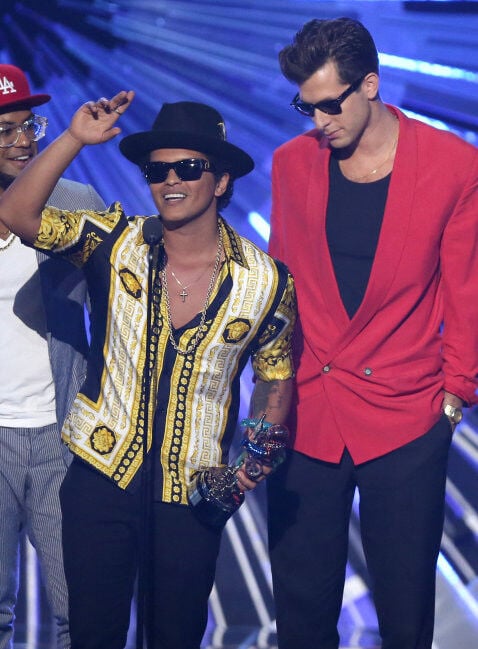

Kansas. My dad brought me to see them at a summer fair in Blue Ash, Ohio.ģ. What’s the first piece of music that you bought for yourself, and what was the medium?Īstro Lounge by Smash Mouth and 14:59 by Sugar Ray, a pair of CDs. He’s remained true to himself and he’s had a long career - that is really inspiring.1. Getting to know him a little, hearing a little bit about his story and how authentic he remained to himself when American managers and labels would want to mold him into whatever was happening at the time. He was part of the genre that led to Paul Simon’s “Graceland” - that album came out and Johnny Clegg had been doing it for 10 years. His passion is mixing cultures, Zulu culture and his own English and Celtic heritage, combinations of African chants and pop music. Petricca: Someone whose music I fell in love with and actually got to know a little is Johnny Clegg, a South African artist who was active in the ‘70s, ‘80s and early ‘90s.

Were there artists you looked to as role models in terms of how they moved forward? I was going through a really intense time with my family and my dad’s illness all that.

Those songs have so much longing and yet the music is so relaxed, and there’s this mantra of, No matter what happens I’m all good. And just started digging into Steel Pulse and Gregory Isaacs and Marley, of course. I had spent some time collaborating with Life Goes On and really felt connected to him and to his condition in the process. Petricca: I became completely obsessed with reggae. I found myself listening to Against Me! every day going into the studio - that had an energy that I wanted to connect with and bring to my performance. Maiman: It’s hard to really absorb a lot of music while you’re on tour because primarily you’re in the venue and listening to your own set for the 300th time, although on that tour I got obsessed with Father John Misty’s “I Love You Honey Bear.” But when we finally took a break and were at home, we allowed ourselves to be music fans again. What did you listen to that excited you while you were writing or before the process began? If we tried to recreate that hit, I don’t even know what that would sound like. And at the end of the day that’s the only direction that we were going to feel good about. The way we got there was just by doing the same thing we’ve always done, which is follow our heart and listen to a ton of music and make sh– that excites us. Petricca: People were asking a lot, “How do you follow ?” And if you ask that question enough times, you start to internalize it as an actual question. We’re taking this opportunity to wipe the slate clean, for ourselves anyway. We took that idea of rebirth and ran with it, along with the idea of the death of an old self. Maiman: It’s interesting that you used that word, rebirth - that’s a theme that came up for us after writing and conceptualizing this record and who we wanted to be next on this album. Is that something you embraced with this one? There was a lot of diversity on the record that kind of went under the radar.įor every artist, a new album is like a little bit of a creative rebirth. The band’s identity is very wrapped up in the style of that song - which is true to us, but is not the entirety. Owning the unknown and owning the steps that follow next, which are what? Either give up or just keep going, right?Īs a musician you spend your whole life building and working towards having a giant hit song, which you accomplished with “Shut Up and Dance.”Įli Maiman: It was obviously an incredible moment for us, but at the same time we felt a little boxed in by its success, because the song really became bigger than the band. So it kind of set a tone for those songs. I think that, as much as anything, put a spin on the record of being like, “Well, we thought we knew what was going to happen but clearly we were wrong and what the hell do we do with that information?” And while that’s happening in America, a lot of people are going through a tough time or just an uncertain time all over the world. So we’re waking up and going into a black day: Donald Trump was president. Nicholas Petrrica: When we got back together it was during the election, and our very last day was, I think, Election Day.


 0 kommentar(er)
0 kommentar(er)
